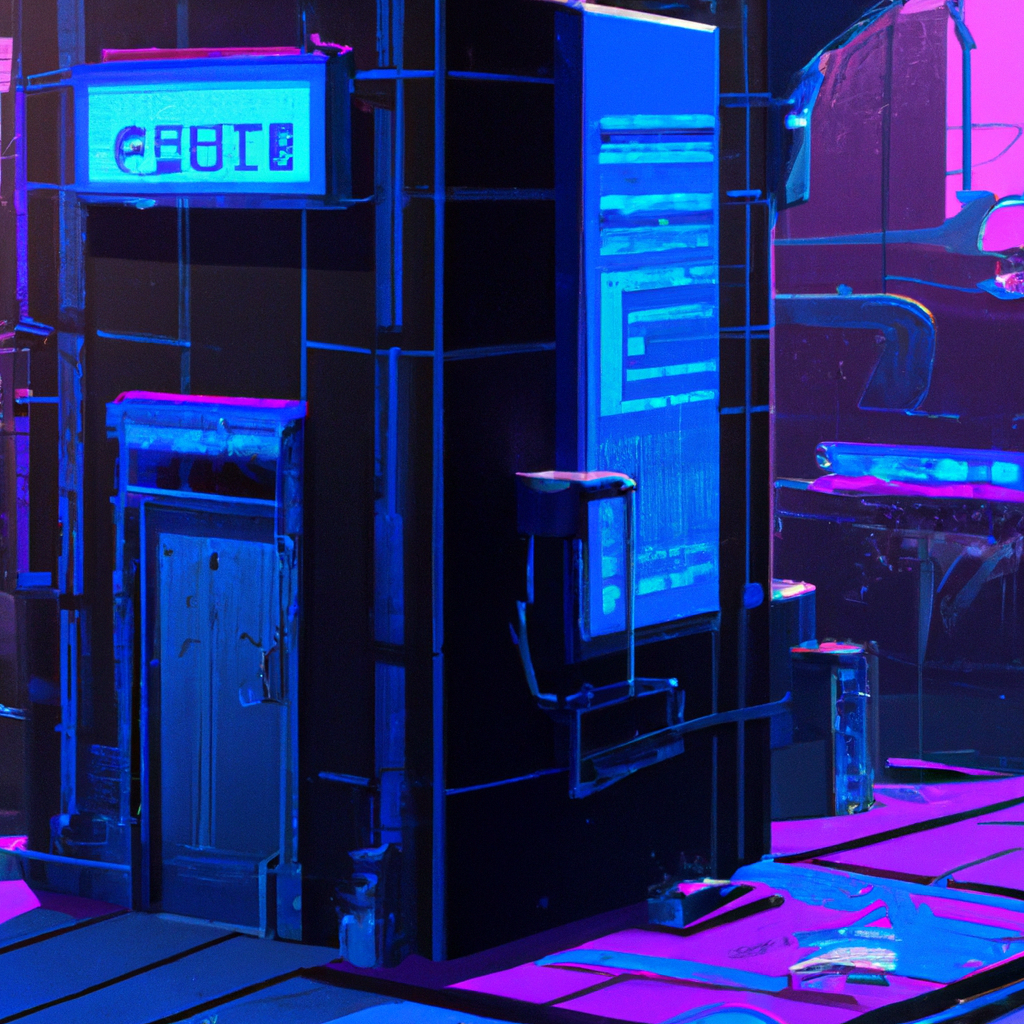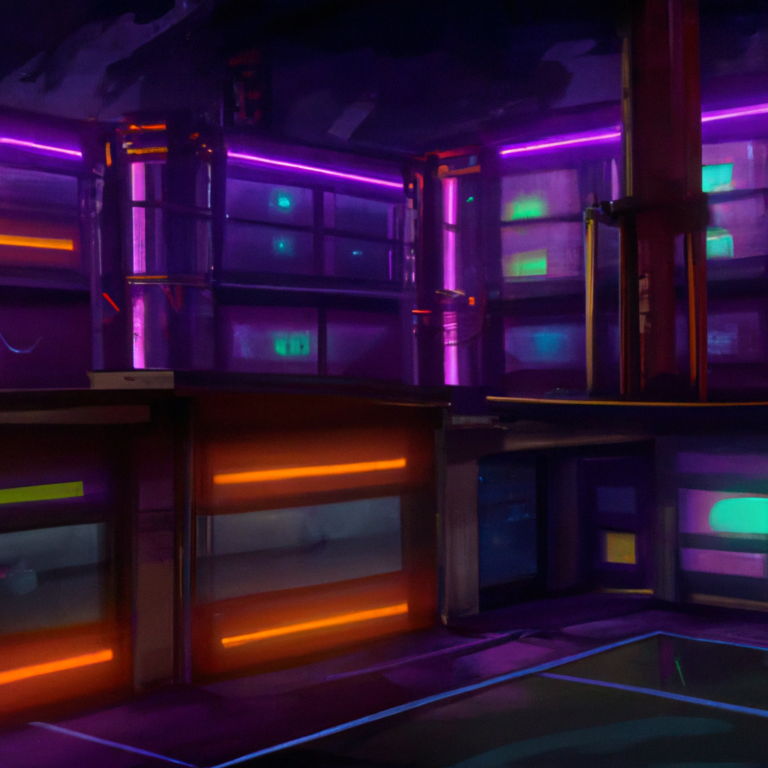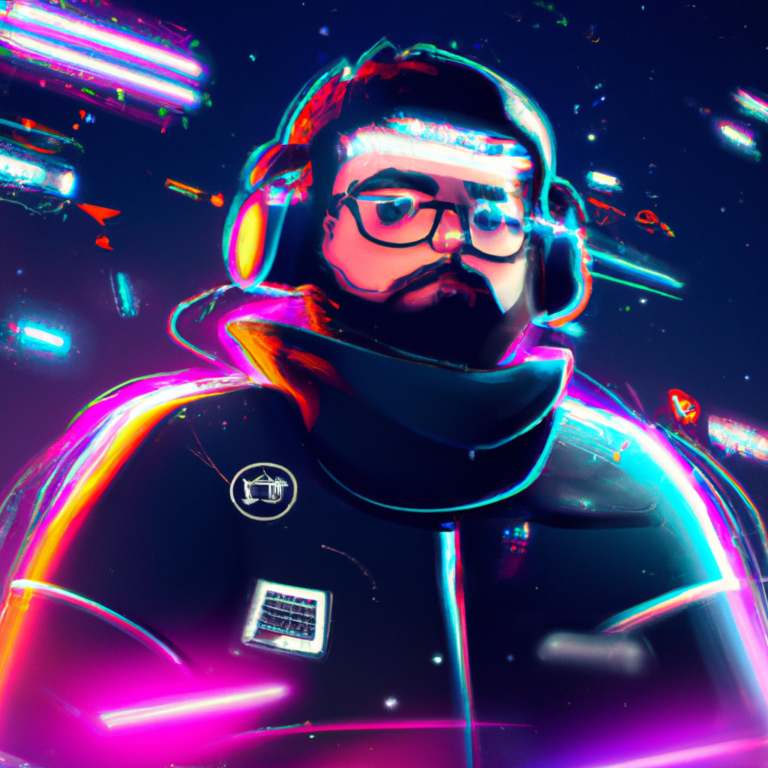“Leveling up your creativity: A beginner’s guide to game design”
Are you interested in game design but don’t know where to start? Look no further because we’ve got you covered! Here’s a beginner’s guide to game design.
1. Understand the basics
Before you start designing your game, it is important to understand the basics of game design. This includes understanding game mechanics, level design, storytelling, and game art. You can start by reading books, watching tutorials, and playing games to get a better understanding of these concepts.
2. Choose a game engine
A game engine is software that lets you create games without having to write code from scratch. There are many game engines available, each with its own set of features and capabilities. Some popular game engines include Unity, Unreal Engine, and GameMaker Studio.
3. Plan your game
Before you start designing your game, it is important to plan it out. This includes creating a game design document (GDD) that outlines the game mechanics, story, characters, levels, and other key elements of the game.
4. Create a prototype
Once you have a plan for your game, it is time to create a prototype. This is a basic version of your game that allows you to test out your ideas and make changes before you start building the final version.
5. Playtest and iterate
Once you have a working prototype, it is important to playtest it and get feedback from others. This will help you identify any issues with the game and make changes to improve it.
6. Build the final game
Once you have made all the necessary changes, it is time to build the final version of your game. This includes creating the game assets, designing the levels, and implementing the game mechanics.
7. Release and market your game
Once your game is complete, it is time to release it and market it to your target audience. This includes creating a marketing plan, building a website, and promoting your game on social media and other platforms.
In conclusion, game design can seem daunting, but with the right tools and knowledge, anyone can create a great game. By following these steps, you’ll be on your way to creating your dream game in no time!





